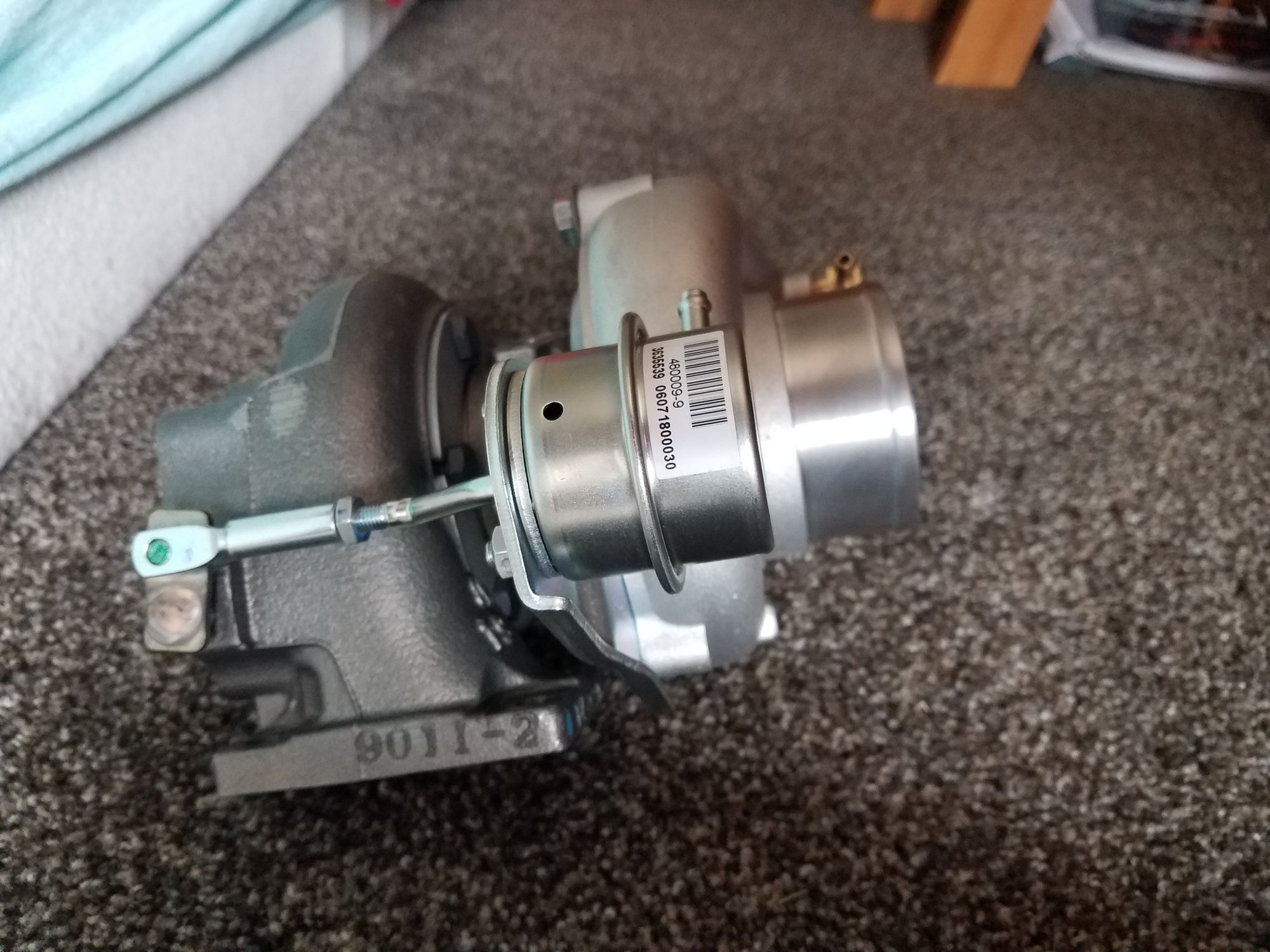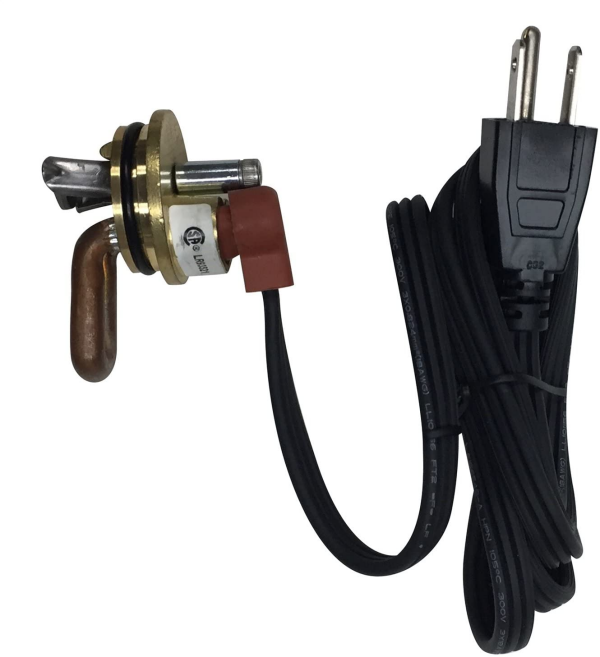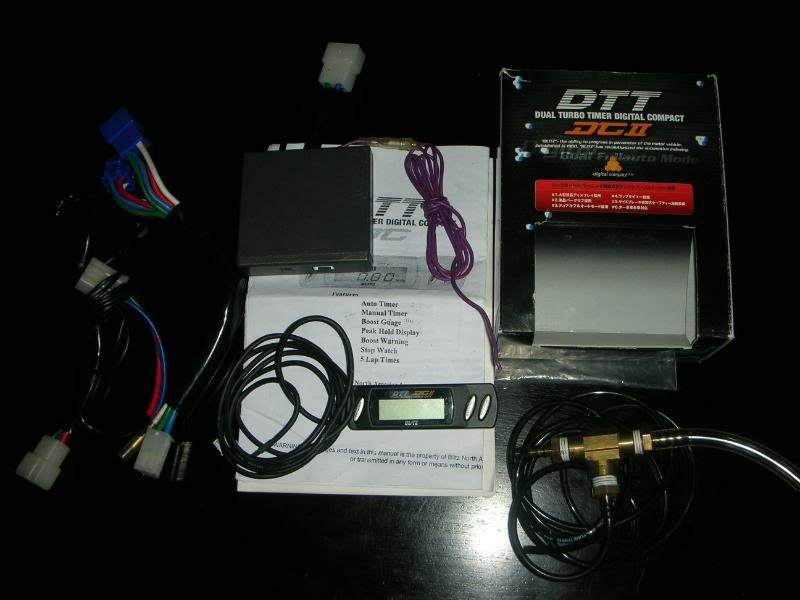

- #Turbo boost switcher always asks for password how to
- #Turbo boost switcher always asks for password update
Publisher NIS America has released a brand-new update for Ys IX: Monstrum Nox (ver 1.1.3).

Marco Farinaccia based on the original Japanese article (original article’s publication date: 19:47 JST) The solar contractor provides the loan, and you pay it back through monthly assessments on your property tax bill.Written by.

If you live in California, Florida, or Missouri, you can also take advantage of the Property Assessed Clean Energy (PACE) programs for solar financing. Ask any company you deal with about its policy for transferring the lease to a new owner, and confirm that the same information is in the contract. If you move sooner, you’ll have to either pay the balance before selling or arrange for a lease transfer. If you’re thinking of leasing your system, keep in mind that solar leases typically last 20 years. (Without an assurance by the solar or roofing companies, you’ll probably have to foot any repair bills yourself.)Ĭonsider all financing options.
#Turbo boost switcher always asks for password how to
If your roof shingles and other components are still under warranty, ask your roofer or the roofing manufacturer how to maintain those warranties in light of a solar installation. Equipment is typically covered for at least 10 years.īe sure to ask each company who pays if you need to repair your roof in the event the solar installation causes roof damage. A typical solar warranty guarantees the system will produce at least 85 percent of its projected output for 10 years. Be sure to compare the following among the proposals you get: installation costs and monthly fees, the minimum power a system will produce, and any warranties and repairs included. Ask for price estimates from each company for the solar system you need. Get proof of required licenses, certificates, or insurance from each company you talk to.Ĭompare bids from several companies. Search contractors’ names in the database of your local Better Business Bureau for complaints from other consumers. Vet the solar companies you’re considering. Ready to take the leap and go solar? Follow this advice from the Federal Trade Commission for finding a reputable company and for ways to pay for the system. (The company says it derived that figure by looking at comparable homes with and without solar-energy systems that were listed for sale and sold on its site from March 1, 2018, to Feb. One financial aspect that Google doesn’t include-and that can be difficult to figure out-is how solar could add to the value of your home.Ī study in April by the real estate company Zillow found that solar systems add, on average, 4.1 percent to a home’s sales price. Keep in mind that the average life span of a photovoltaic solar panel-the most common type-is 20 to 30 years, according to the Solar Energy Industries Association.

It will also tell you the break-even point, which in my case was six years. It expresses that savings based on three ways that residents obtain solar panels: an outright purchase, a lease, or a loan. The one who came to my house never did.Ī useful tool for determining your payoff from solar is Google’s Project Sunroof. When you plug in your address and your average monthly electric bill, Google Earth will find your home, analyze its potential to generate electricity based on its sun exposure, and estimate your savings over 20 years. And don’t expect the salesman at your door to do the break-even math for you. You need to calculate your break-even point your true savings start after that. Here’s how to take advantage of the Renewable Energy tax break, as well as information on state solar tax credits, how to calculate the break-even point when your costs are offset by your savings, and advice on finding a reputable installer.Įven with the potential energy savings, investing in a solar system is worthwhile financially only if you plan to stay in your home for a few years. The Sense report notes that because solar panels are actually more efficient at lower temperatures, cooler states such as these get a boost in solar production. Californians offset 75 percent of their bills.Įven in less sunny Northeastern states-Connecticut, Massachusetts, New Hampshire, New York, Pennsylvania, and Vermont-solar users offset at least two-thirds of their utility bills. Utah residents generated electricity equal to 84 percent of their utility bills. In some cases you can sell the utility the excess energy that your system produces.Ī study by Sense, a company that produces home-energy monitoring devices, reports that in states with the most solar homes, residents with solar save, on average, $1,075 annually. Why opt for solar energy? You’ll use less energy from your local utility, which can save you a chunk of money, and it’s better for the environment because it reduces demand for fossil fuels.


 0 kommentar(er)
0 kommentar(er)
